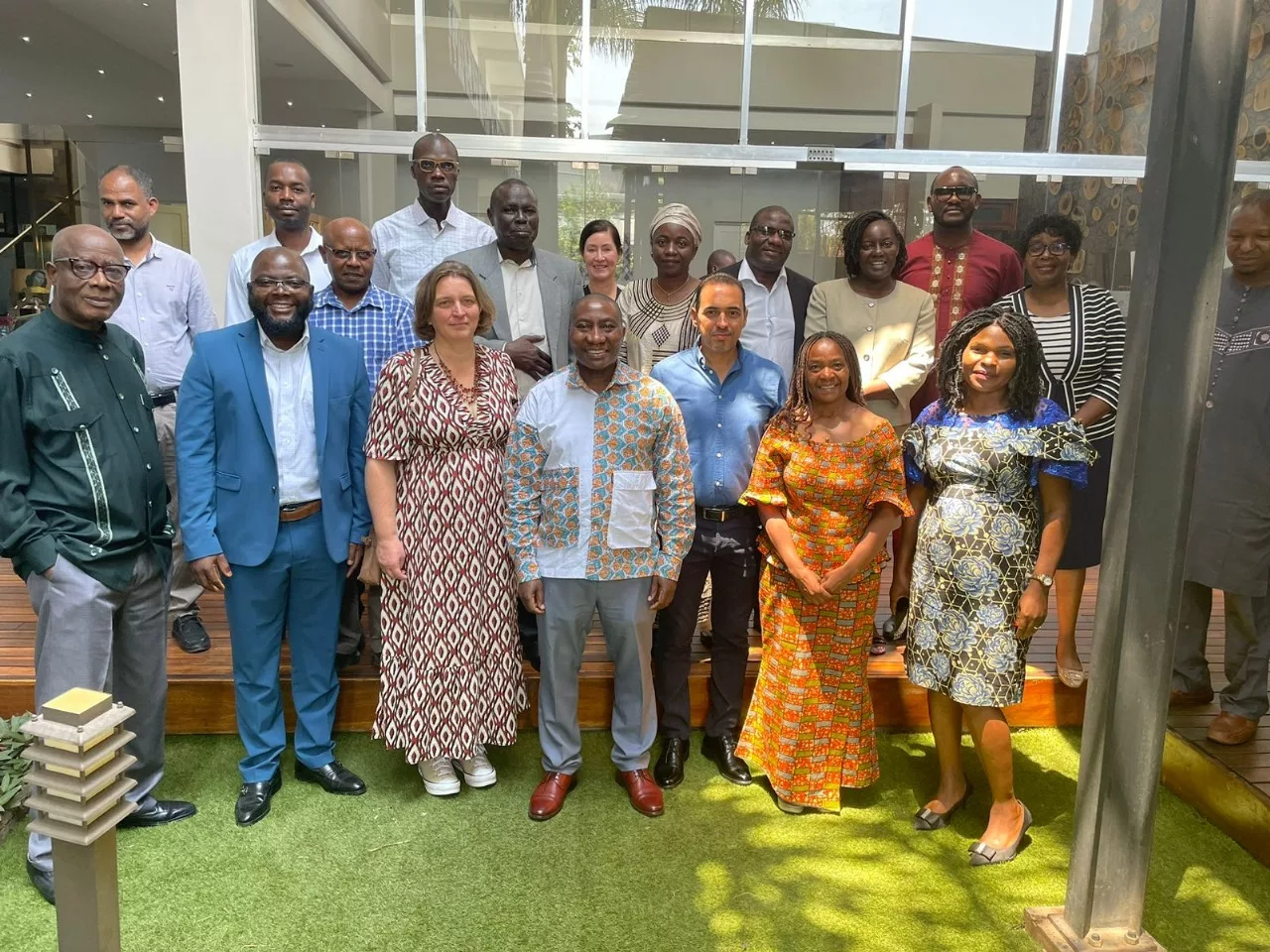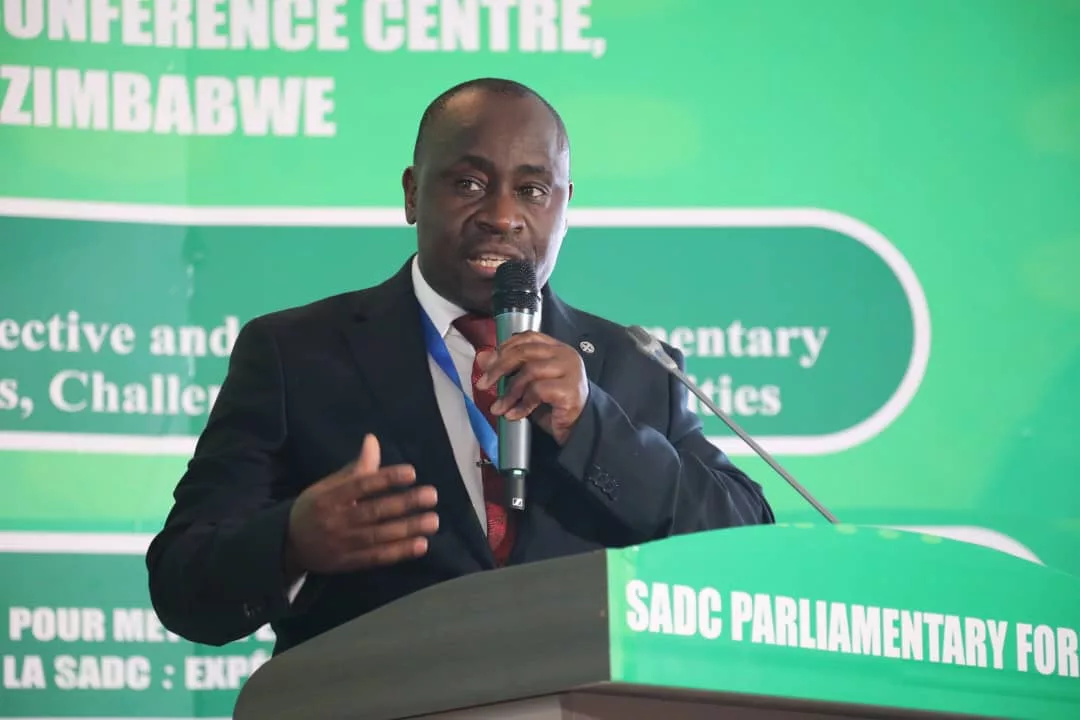|
Getting your Trinity Audio player ready...
|
African seed sector experts validated in Lusaka, Zambia the progress report and methodology of the study on seed systems managed by farmers on the continent to ensure correct practices.
Participants in the event held discussions to find a common denominator for the implementation of the mission following the agreed terms of reference, including various assumptions and hypotheses about the seed management system, considering the recommendations of the stages of the new reality in the regional and continental context.
Over four days, they analysed Indigenous African knowledge as it is considered vital for its formal integration behind the selection and maintenance of varieties and the handling of seeds up to sowing and integrated this knowledge into the regulations to be considered for the best implementation of actions.
The seminar therefore provided an opportunity to explore ways of integrating indigenous knowledge into formal regulatory frameworks, ensuring that Africa’s rich agricultural heritage continues to support seed diversity and food security.
To improve and make effective the actions of farmer-managed seed systems, they determined that account should be taken of the development and implementation of policies that recognise and protect these systems, guaranteeing farmers’ rights.
The experts also recommended training and extension services to improve farmers’ skills in seed selection, storage, and reproduction techniques.
Encouraging participatory research that involves farmers in the development of new seed varieties that are resistant and adaptable to local conditions and facilitating access to the market for seeds produced, thus guaranteeing quality standards and respecting traditional practices.
The director of agriculture at the African Union Commission, Dr. Godfrey Bahiigwa, who opened the event, emphasised that farmer-managed seed systems play a fundamental role in Africa’s agricultural landscape, serving as the backbone of seed production for many small farmers.
He said that the conclusions of this study are crucial not only for the preservation of biodiversity but also for promoting resilience against climate change and other external shocks.
It recognised that while there is a rich repository of Indigenous knowledge and a strong tradition of seed exchange among farmers, there are also constraints related to access to quality seeds, lack of formal recognition, and limited support services.
The validation of this report will form the basis for evidence-based strategies to ensure that practices in this sector are effectively supported across Africa and to increase food security and promote sustainable agricultural practices for the benefit of all.
The results of this study will greatly contribute to the implementation of CAADP’s Strategy and Action Plan: 2026-2035 (Building Resilient Agri-Food Systems in Africa), as its strategy especially calls for promoting climate-resilient farmer-managed seed systems for sustainable food production and rural development.






